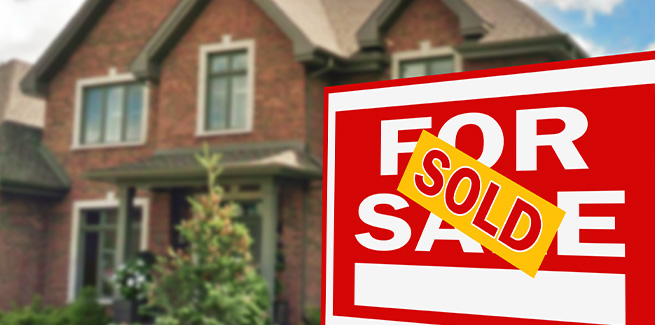The NSW government has announced that it will scrap transfer duty (stamp duty) for first home buyers purchasing newly built homes under $800,000 and increase the limit to which concessions apply.
Previously, the state government waived transfer duty for owner-occupiers buying their first home if it was under $650,000.
As of 1 August 2020, the duty-free limit will be extended to $800,000 for FHBs if they purchase newly built houses (not existing homes).
The upper limit for transfer duty concessions will also increase to cover new homes worth less than $1 million.
The stamp duty threshold on vacant land will also increase under the temporary changes, rising from $350,000 to $400,000 (with concessions phasing out at $500,000).
The change to the thresholds will only apply to newly built homes and vacant land, not to existing homes, and will last for a 12-month period, commencing on 1 August 2020.
The NSW government said it would continue to offer a $10,000 First Home Owner Grant to those buying a new first home worth no more than $600,000, or buying land and building a new first home worth no more than $750,000 in total.
According to the NSW government, the maximum amount of benefit a first home buyer could be entitled to would be $32,335 if they were purchasing a new home and accessing the grant.
According to the NSW government, more than 6,000 first home buyers will benefit from the changes – while the construction industry will also benefit from increased work.
Package to help support jobs in construction
Premier Gladys Berejiklian commented: “Thousands of people will see their bank balances benefit from this change – it will help get more keys into more front doors of more new homes.
“It will also boost housing construction across NSW and support jobs in the building industry at a time when we need them more than ever before.”
NSW treasurer Dominic Perrottet estimated that the changes would save first home buyers up to $31,335 on stamp duty for a new $800,000 home.
“The current scheme has already helped over 93,000 first home buyers since July 2017, and this will give the construction industry extra support as we face the challenges of COVID-19,” Mr Perrottet said.
“We need to ensure our building sites keep ringing with hammers and saws as that means more people working, and first home owners will save money in the process.”
Those in the housing and construction industries have welcomed the announcement, with the Housing Industry Association’s NSW executive director, David Bare, stating the group had long been seeking changes to the stamp duty arrangements to “better reflect the price of new homes in NSW and, in particular, in Sydney”.
“This initiative will have positive outcomes for the housing industry and the NSW economy as a whole,” he said.
“Combined with the existing $10,000 First Home Owner Grant and the $25,000 HomeBuilder grant, first home buyers in NSW should be looking to a new home as a real option to take up home ownership.
“More importantly, this 12-month package will provide a much-needed boost to an industry for which hundreds of thousands of people in NSW rely on for employment,” Mr Bare commented.
“The home building industry will play a critical part of NSW’s economic recovery from COVID-19-related challenges, and the NSW government should be applauded for listening to our calls for greater support,” he continued.
“This package will ensure that there is plenty of suitably priced new homes for first home buyers to take advantage of right across the state,” Mr Bare concluded.
[Related: HomeBuilder sparks FHB land enquiry spike]
 ;
;
Comments (0)